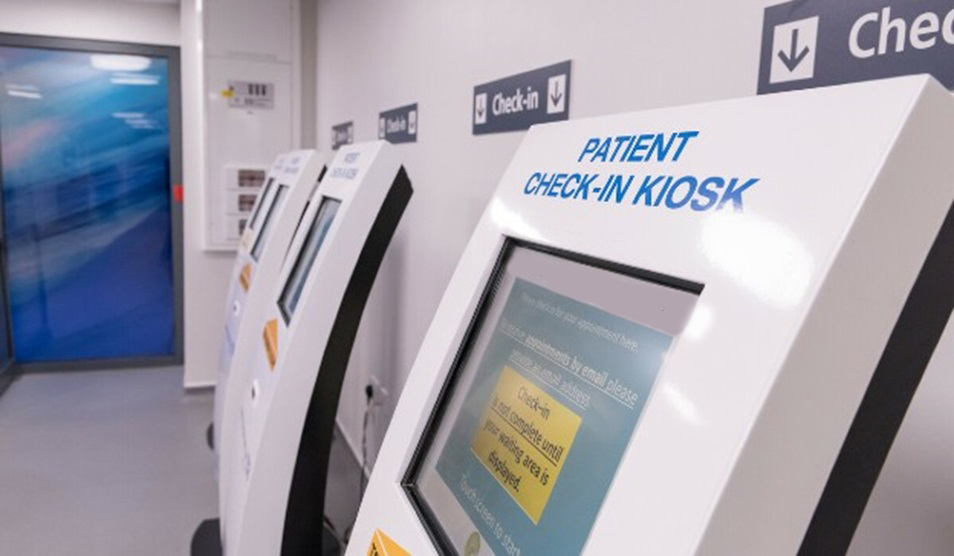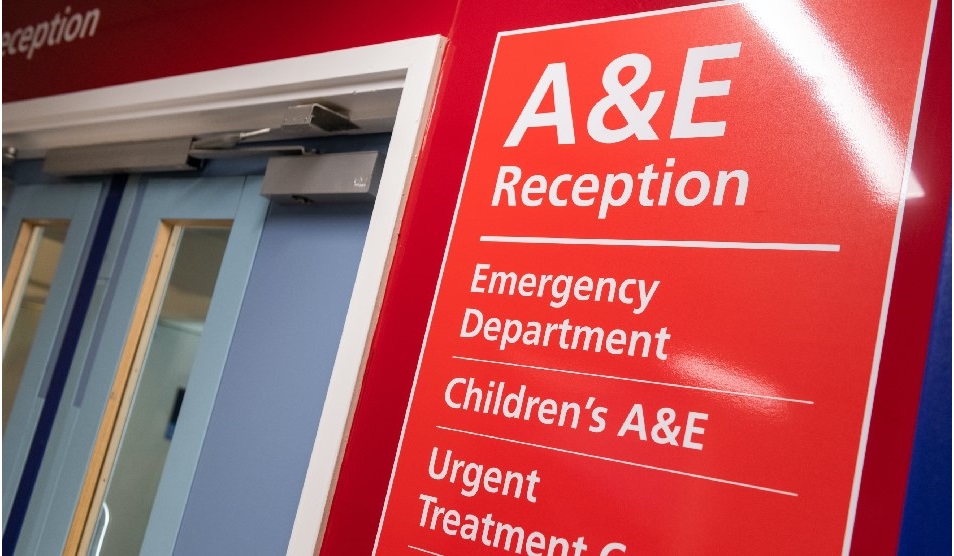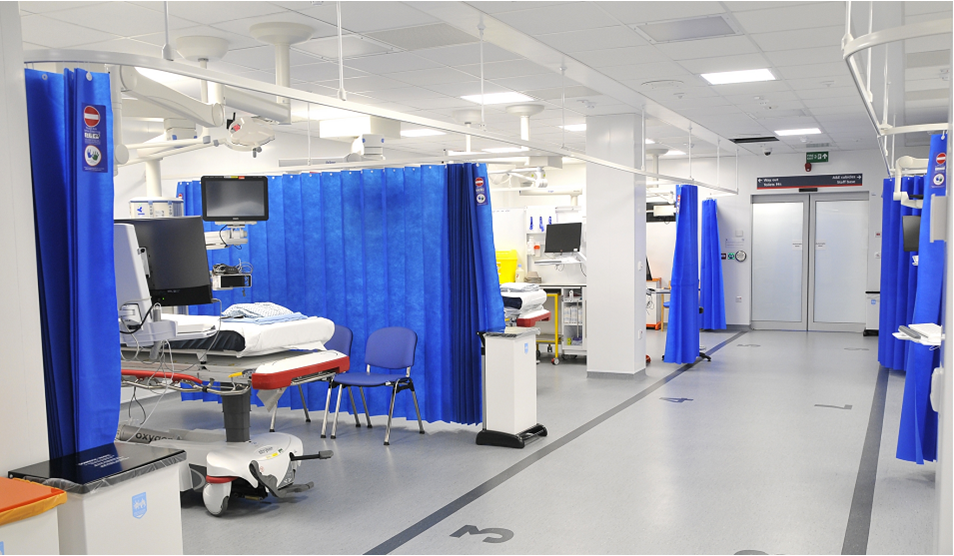Trust to test new measures of A&E performance
Imperial College Healthcare NHS Trust has agreed to help test proposed new standards for accident and emergency (A&E) to help the national NHS decide whether they are better than the existing standard. The Trust will be testing the proposed new A&E standard from May.
Nationally, leading clinicians have being reviewing the access targets currently in place across the NHS, including for A&E. They have made proposals to update these targets in line with advances in clinical practice and what patients say matters most to them.
The main target for A&E currently is 95 per cent of people should be treated and discharged or admitted within four hours. The review has recommended that this should be expanded to the following three main measures:
- Time to initial assessment: To ensure people don’t wait too long for their needs to be assessed by a qualified professional.
- Treatment within the first hour for critically ill and injured patients: To ensure that patients with the most critical conditions such as stroke, heart attack and sepsis get the right treatment quickly.
- Time in A&E: To reduce long waits for all patients who need care, including those who need to be admitted to a ward for further tests, treatment or observation.
Professor Julian Redhead, medical director and A&E consultant at Imperial College Healthcare NHS Trust, said:
“Our A&E departments are amongst some of the busiest in the country so we welcome the opportunity to test a new approach to targets as part of this national initiative.
“The quality and standard of care we provide will remain our priority during the test period and will not be affected.”
Last summer the Prime Minister asked the NHS to undertake a clinical review of current access standard. An interim report was published in March by Professor Stephen Powis, NHS national medical director, who is leading the review. It recommended testing four revised access standards on cancer, mental health, urgent and emergency care (A&E) and routine (elective) care in line with best practice and the health needs of today’s population.
Once testing is complete, the NHS nationally will collate and analyse the data with the learning from the testing and elsewhere informing any final recommendations for review later in the year.



